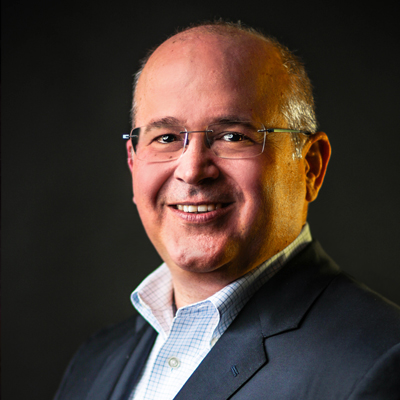Here are some tips to consider as you build your resume that will make it the tool you need it to be for your next interview. Remember, you will be lucky if a person spends more than a minute reviewing your resume, so it is critical to make it count.
1. Stop the Buzz
As we review resumes for clients, the one thing that can turn potential interviewers off is a slew of buzzwords to describe yourself. We have seen resumes with so many catchy words that they began to contradict themselves. While people are hoping to catch the eye of a potential employer, they fail to address their strengths and skill sets.
In an interview this can be even more dangerous. I once had a resume of a candidate that said they were a ‘game changer.’ I asked about this phrase and asked the candidate to provide examples of why they perceived themselves to be a game changer (which is a pretty powerful phrase to apply to oneself). After a long and pregnant pause, the candidate proceeded to provide a very subjective and unsupported example, very much missing their self-described ‘game changer’ description and giving me serious doubts to their ability to do the job in which they were applying. The point is simple: if you are going to use powerful, buzzy types of words and phrases you must back it up with concrete examples, and avoid phrases that open up to a great deal of interpretation. Otherwise, you run the risk of being passed over as a candidate.
2. Establish a Point of Reference
We always recommend that candidates find some space on their resume to specifically describe the organization you are working for, and your role within that organization.
This can save a great deal of time during the interview process and can give interviewers a good feel for the size, scope and type of organizations you worked with and your level of experience. It is incredible how much time can be wasted during an interview just trying to establish this background information – information that is incredibly valuable to fully understanding your resume. With this out of the way, your interviewer’s time can be better spent on learning about your skills and experience.
3. You Didn’t Accomplish Anything?
People tend to sell themselves short when it comes to their accomplishments. In a world of teamwork and matrixes, we find more and more people are afraid to say they accomplished anything. A good rule of thumb here: if you were ultimately responsible for the initiative to the level at which you could have been fired if the outcome wasn’t achieved, you should be taking some credit.
Companies want to hire people that can get things done. A resume that just tells them all you did was participate on committees and teams will lead them to doubt your abilities to get anything done and write you off as a hire.
4. Did it happen to you or because of you?
Just as some candidates are hesitant to take credit for their accomplishments, other candidates may take credit for too much.
A seasoned recruiter will go in depth on accomplishments and won’t accept face value answers. We recently had a candidate that claimed to have increased volumes by 10%. After a series of questions, we were able to determine that there were circumstances outside of this individual that lead to the volume increases. It happened to the person not because of the person. The rule is simple on this one: if you can speak in depth and substantiate your claim, you are ok, but if you can’t, it’s best to leave it off of your resume.
The bottom line is simple: anything you write on your resume is fair game. Don’t be afraid to tell people who you truly are and your honest accomplishments. Even the length of your resume doesn’t matter as long as the information is pertinent, concise, and conversation worthy. Remember, you are lucky if a person spends more than a minute looking at your resume, so make it count. Otherwise, it may end up in the shred bin.
Square Up is a healthcare firm that searches for executive leadership talent for organizations and provides advisory services to clients. Our years of experience and expertise differentiates the talent and solutions we provide to clients.

Larry Trilops
Co-Founder, Managing Partner
Larry Trilops is the Principal Advisor for Square Up Executive Search and Healthcare Advisors. Square Up is a healthcare firm that searches for leadership talent for organizations and provides advisory services to clients, focusing on ambulatory strategies, innovations, and program implementations. Our years of experience and expertise differentiates the talent and solutions we provide to clients.

